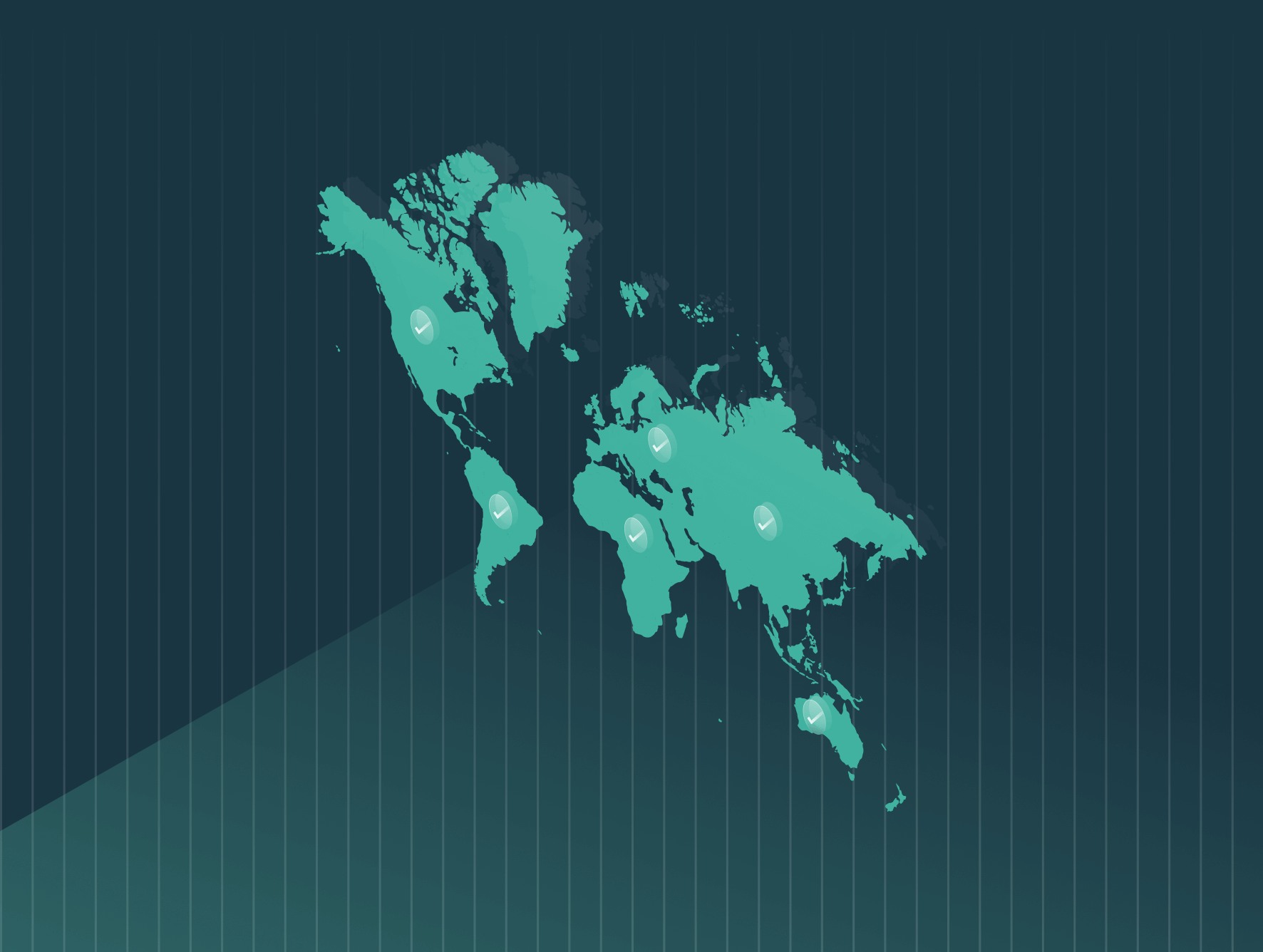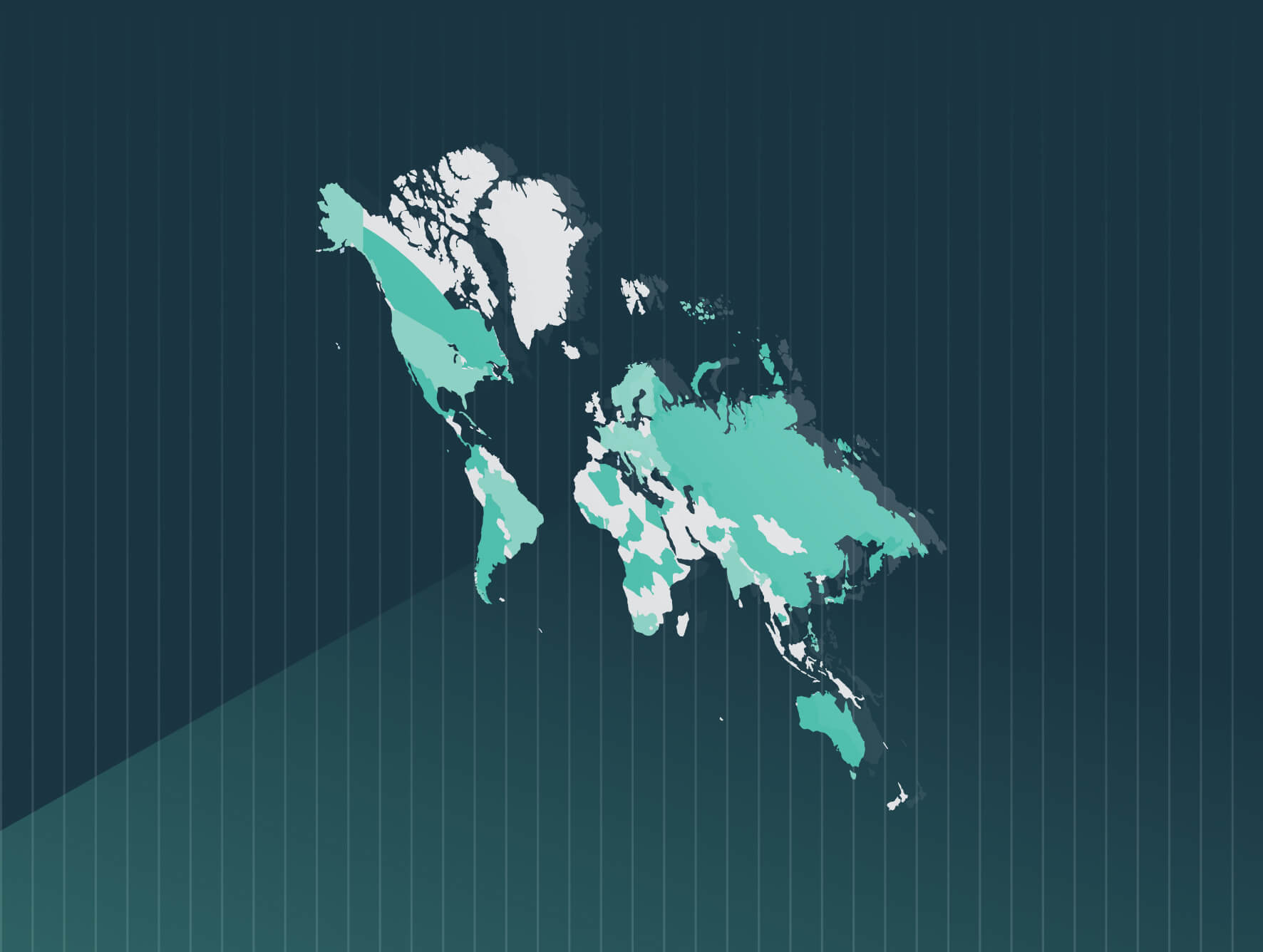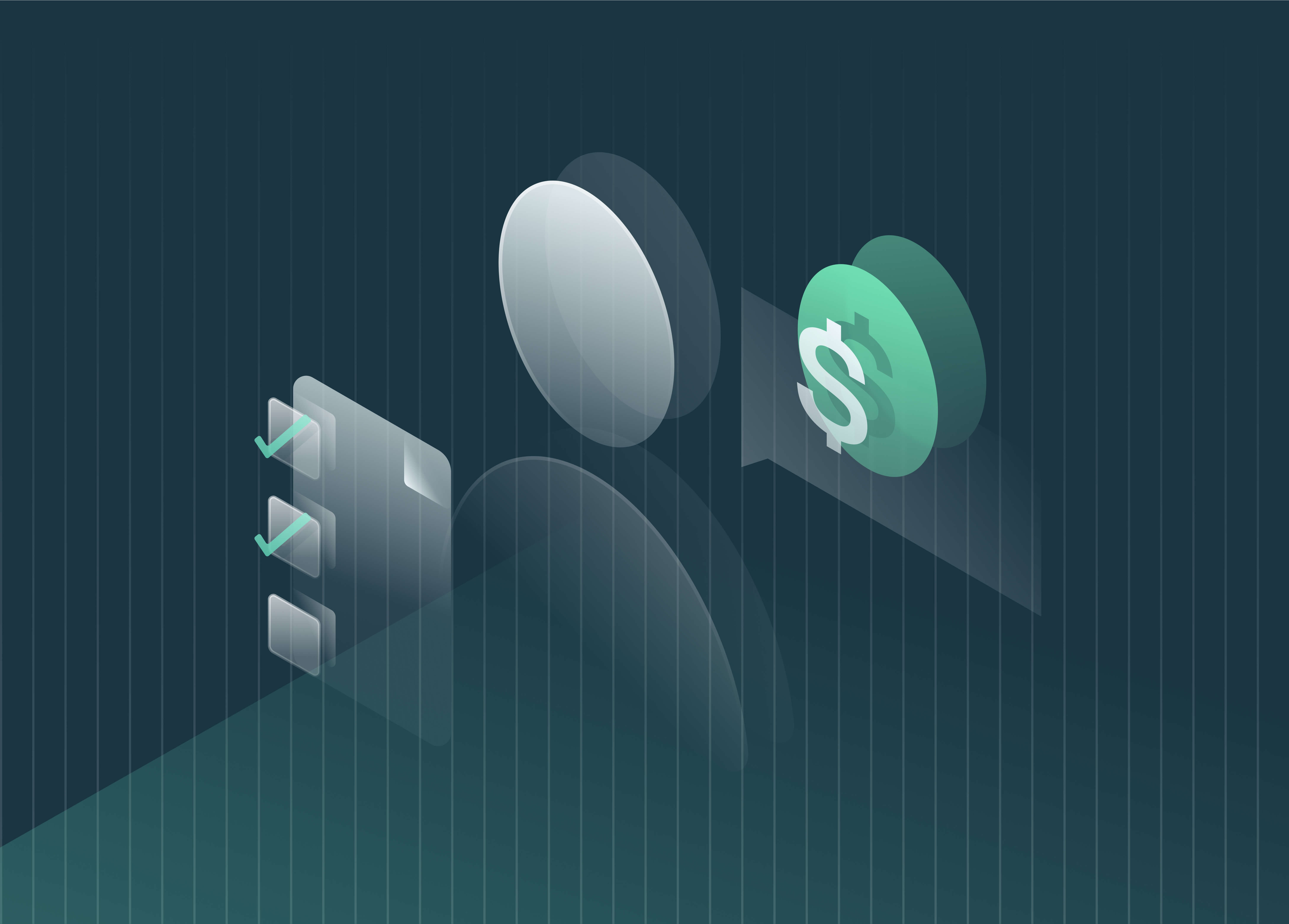California’s latest pay equity legislation, SB 1162 passed the State Assembly Appropriations Committee late last week.
It’s good news for the Golden State as it continues to lead the way in equal pay initiatives. If passed, SB 1162 would become one of the most aggressive pay equity laws in the U.S.
The bill still needs to pass both the state Assembly and Senate Floors before landing on Governor Gavin Newsom’s desk. Newsom has until September 30, 2022, to sign the bill into law. If he does, it will take effect on January 1, 2023.
It’s worth noting that the requirement to publicly disclose pay data reports was removed as part of the recent round of amendments. The Department of Fair Employment and Housing (DFEH), also known as the Civil Rights Department, no longer has to publish organizations’ pay data online and available to the public.
Following the hearing last week, California Senator Monique Limón, who introduced SB 1162 earlier this year, tweeted, “At a time when women, families and people of color need the most support, equal pay for equal work is one step closer to becoming a reality in California. I’m disappointed that #SB1162 is moving forward without full pay transparency but rest assured this fight is far from over.”
Still, SB 1162 requires employers to report median and mean hourly rates within each job category and for each combination of gender race/ethnicity, strengthening the DFEH’s ability to identify pay discrimination in employer compensation systems.
As previously noted, pay data reporting is an effective method for eliminating gender and race/ethnicity pay discrimination. And the more granular the data, the more efficiently the agency can identify pay disparities.
A recent DFEH announcement regarding the 2020 California SB 973 pay data reporting collection confirms this, as the agency found that women are overrepresented among low-wage jobs in comparison to men.
DFEH’s statement echoes our own findings from the 2020 reporting collection, which identified a $46 billion annual gender pay gap and a $61 billion annual race/ethnicity pay gap when extrapolated against the entire California workforce.
Barring any further amendments, SB 1162 would require California employers to comply with a host of new pay equity requirements. We outline them below.
Unpacking SB 1162 requirements
SB 1162 amends California’s existing pay data reporting law in several ways. First, SB 1162 removes the provision that allows an employer to submit an EEO-1 report with similar pay data in lieu of a pay data report. Instead, employers must submit a pay data report specified by the DFEH.
In addition, SB 1162 requires employers with 100 or more employees to submit a separate pay data report for employees hired via third-party staffing agencies.
The bill also amends the time frame to submit the information to the DFEH. If SB 1162 passes, employers will need to submit the pay data report on or before the second Wednesday of May 2023, and every year after on the second Wednesday of May.
Perhaps the most significant addition is that SB 1162 adds teeth to California’s pay data reporting requirements by specifically imposing penalties on employers that fail to report. Failure to comply could result in a maximum of $100 penalty per employee for a first-time violation and up to $200 for subsequent violations
The bill also has specific pay transparency provisions. Namely, SB 1162 requires all employers upon request to provide an employee with the pay range for the position that they are currently employed. It also requires all employers with 15 or more employees to include the salary range for a position in all job postings, including third-party job postings
The impact of SB 1162 is far-reaching
SB 1162 primarily impacts California employers with 100 or more employees, though smaller organizations, while not obligated to submit pay data reporting, will feel pressure to enhance their pay transparency policies. And since California has the fifth-largest economy in the world, the impact of these additional reporting requirements will make significant progress toward closing the pay gap.
As pay transparency continues to pick up steam, over 80 California organizations already support SB 1162 as an effective tool for addressing wage gaps, and the list continues to grow. SB 1162 is co-sponsored by the California Employment Lawyers Association, California Commission on the Status of Women and Girls, National Employment Law Project, Equal Rights Advocates, and TechEquity Collaborative.
California employers, it’s time to look into your pay structures, do pay equity audits, examine potential risk, and address any issues. Pay reporting and transparency laws like SB 1162 play an important part in closing the pay gap and the penalties for non-compliance are steep. The DFEH is already issuing non-compliance notices for failure to comply with SB 973, demonstrating diligence in enforcement and foreshadowing what will happen if SB 1162 takes effect.
What organizations should do to prepare
With a growing focus on pay transparency and employers’ reporting obligations potentially expanding, organizations should respond proactively. Performing a pay equity audit is the first step to reviewing your compensation practices and getting a handle on pay data reporting.
Trusaic’s PayParity conducts a pay equity audit at the intersections of gender, race/ethnicity, age, disability, and more. This comprehensive view allows organizations to understand their compensation practices fully and subsequently take action on any identified gaps.








